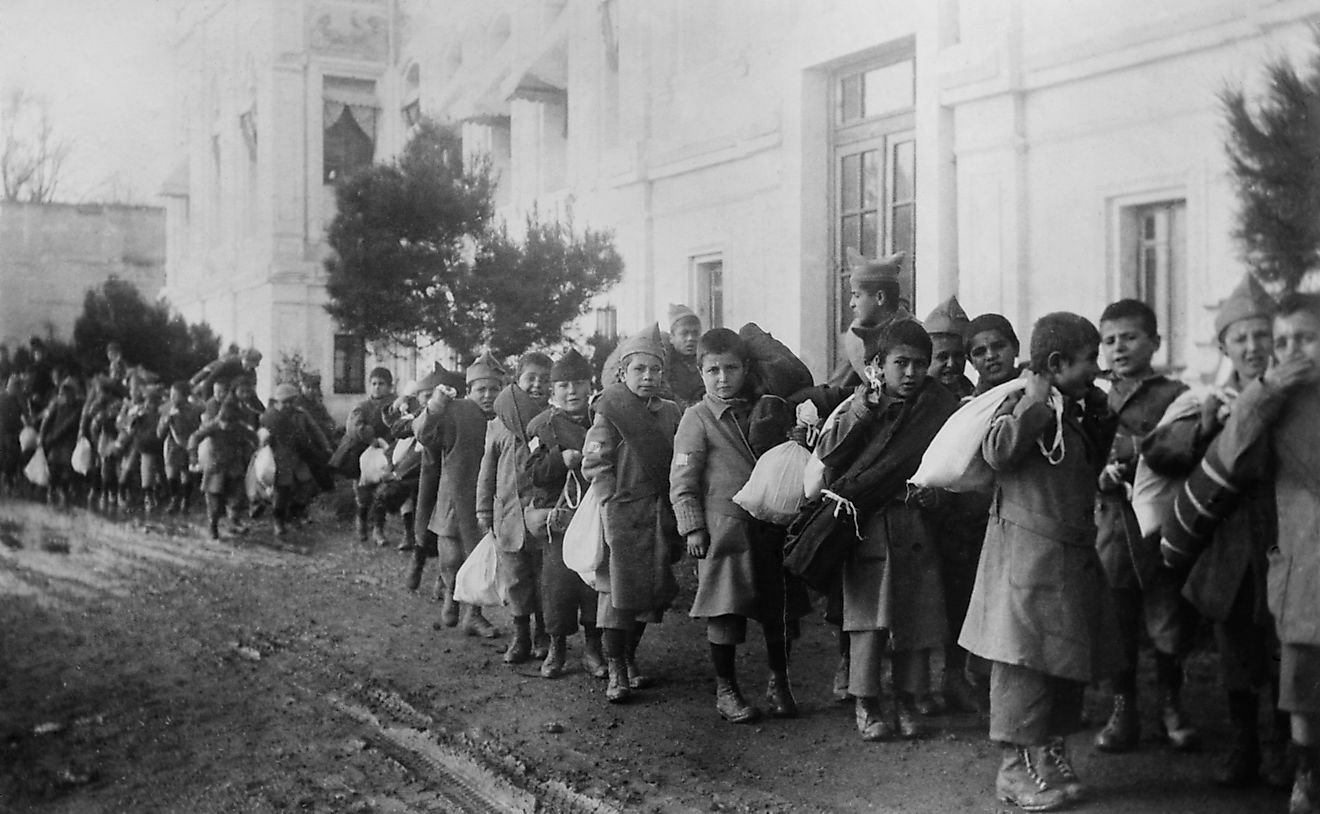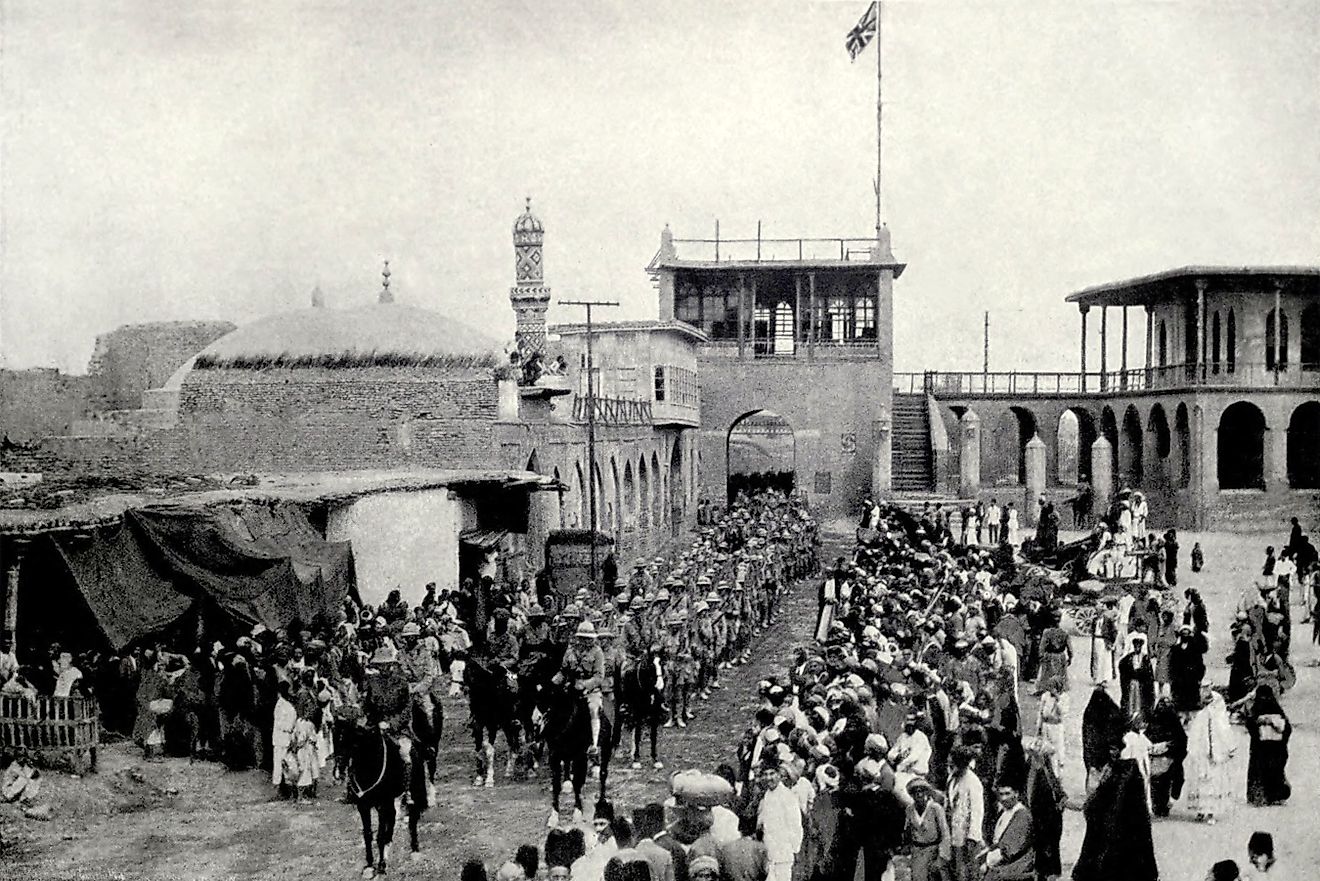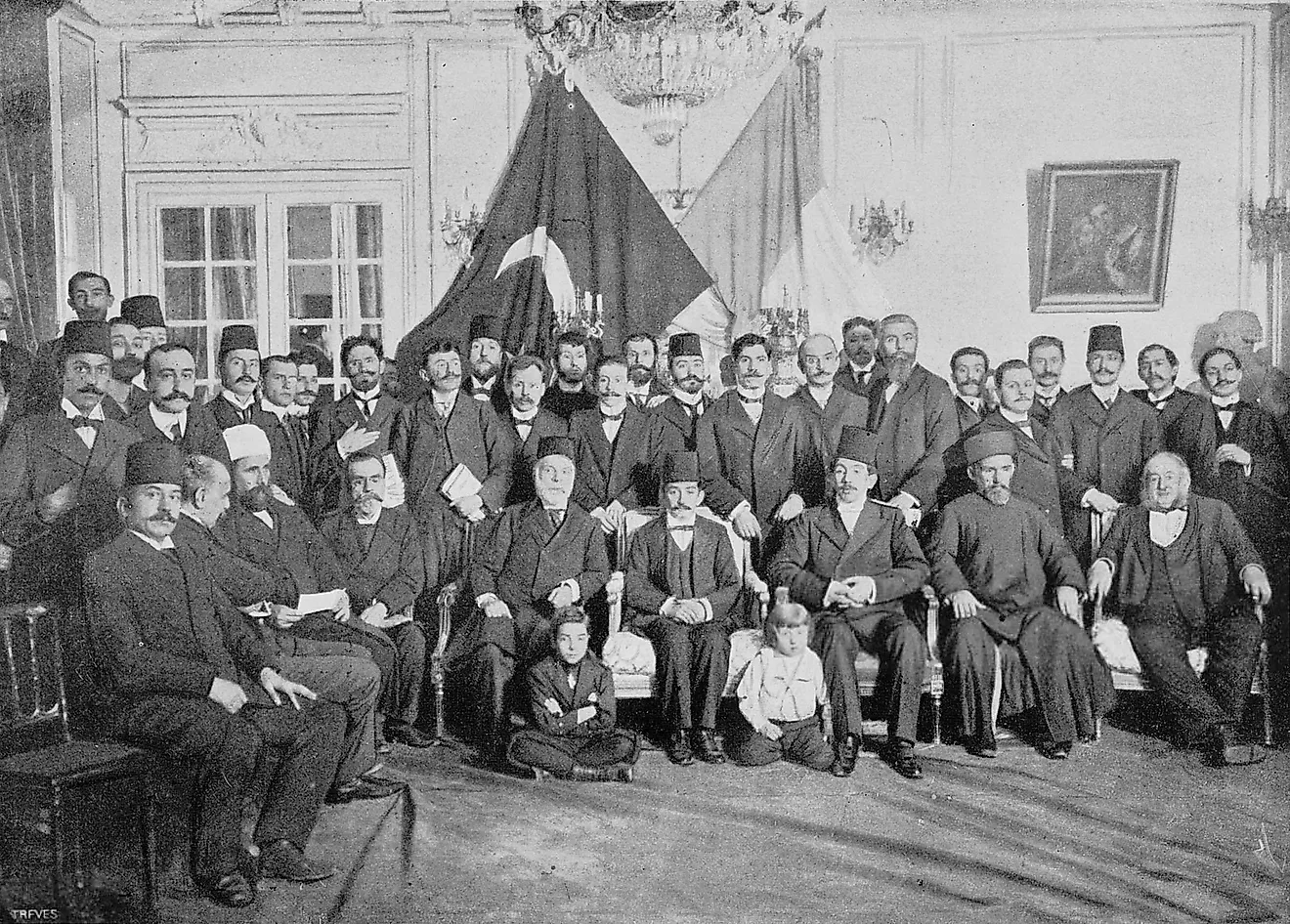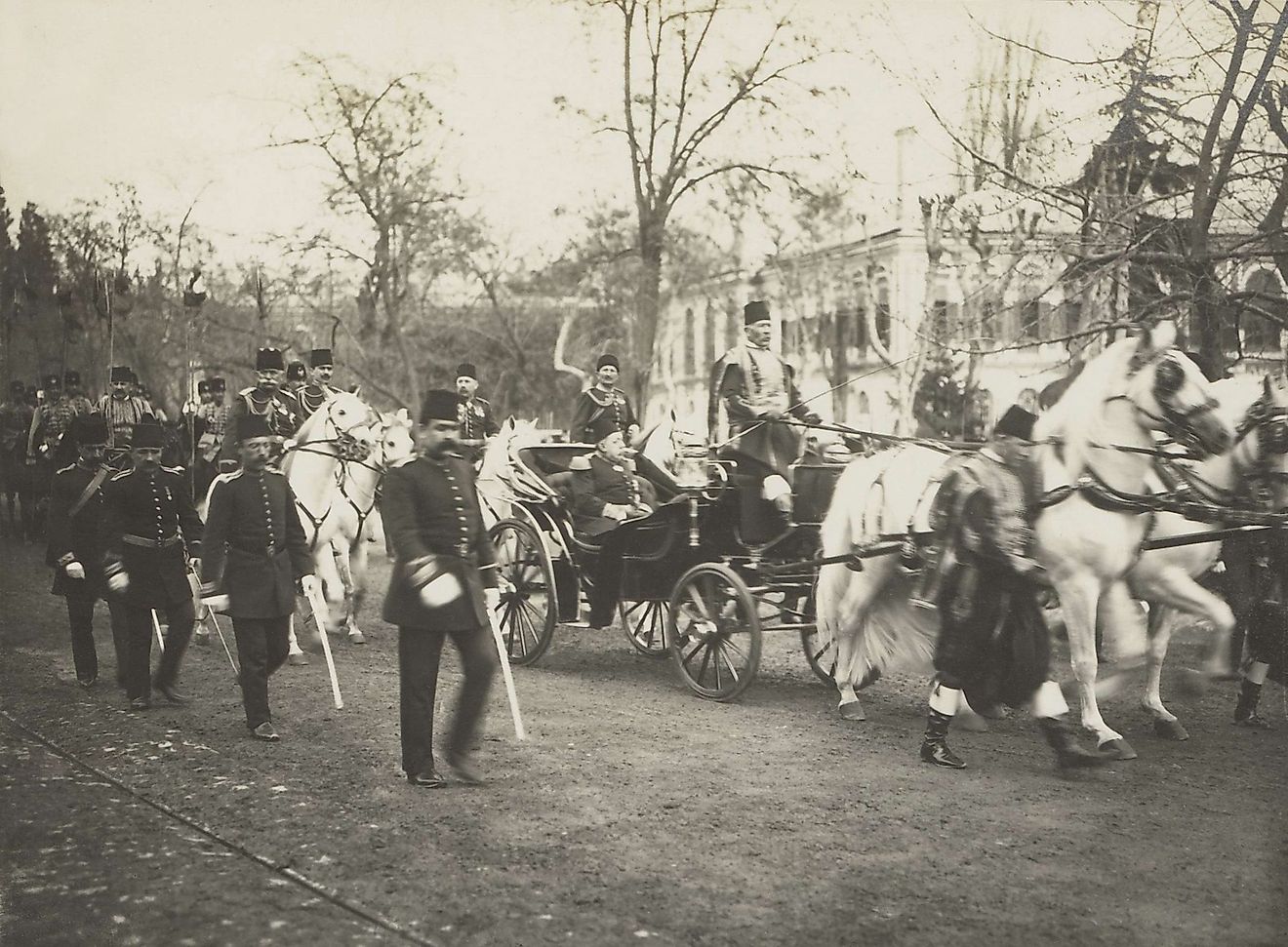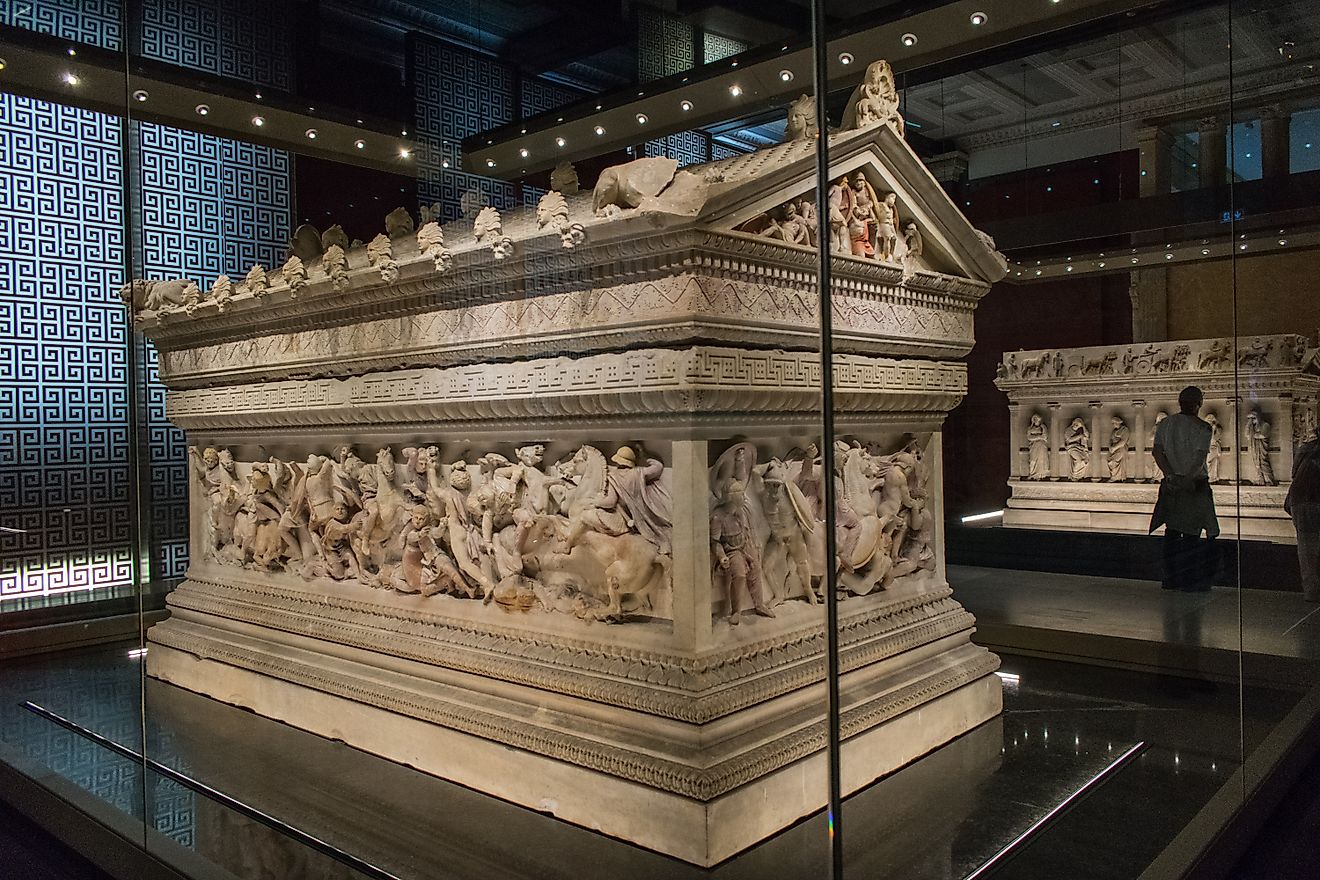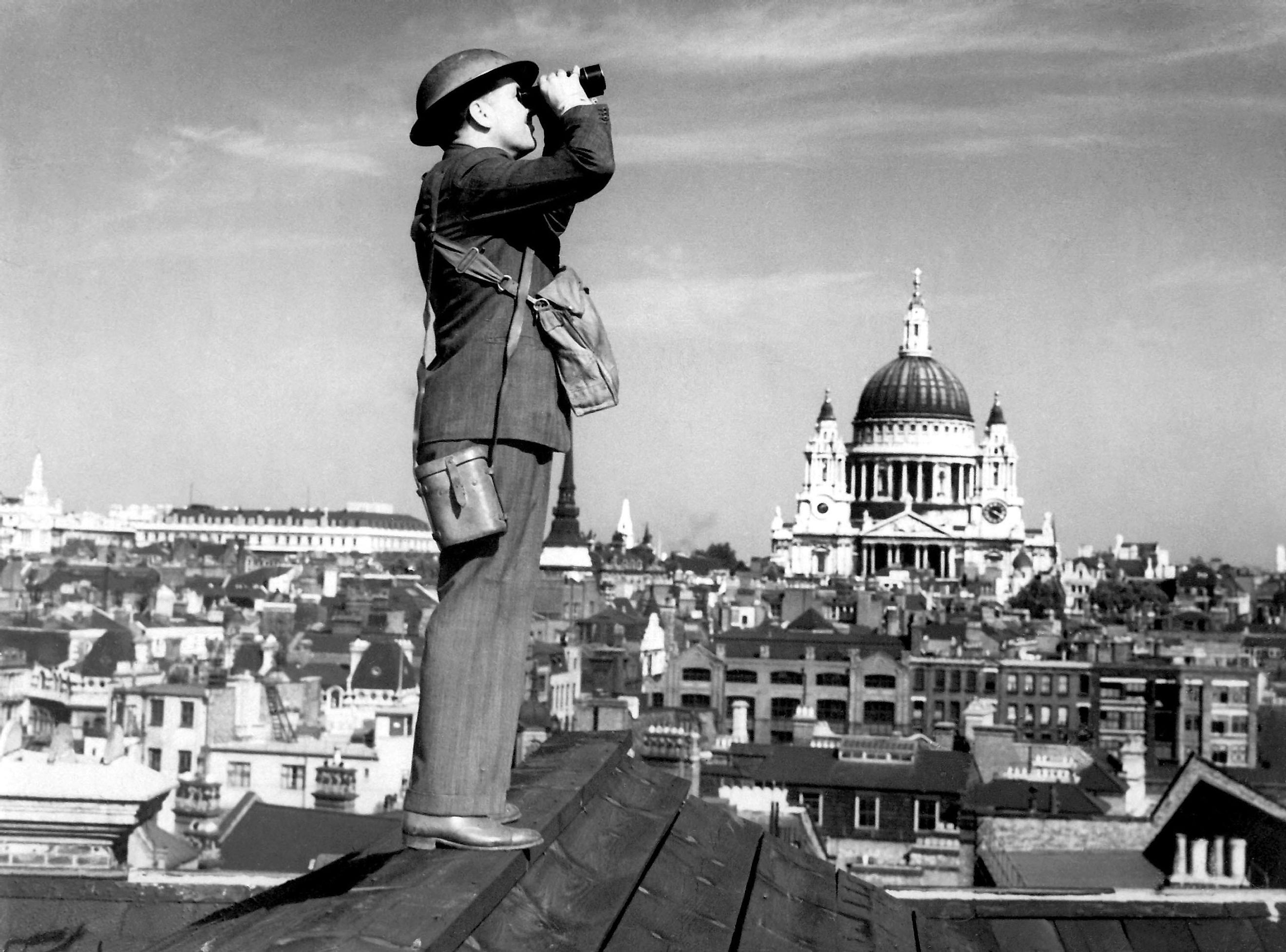
Battle of Britain
With France's defeat in the summer of 1940, Hitler's plan to invade the Soviet Union (USSR) was closer to reality. However, Germany still needed to deal with one major power to avoid a war on two fronts: the United Kingdom (UK). Thus, the Battle of Britain commenced in June 1940 with the German air force (the Luftwaffe) beginning to bomb the British Isles.
Background
World War II began when Germany invaded Poland on September 1, 1939. A combination of poor Polish defenses, Nazi Blitzkrieg tactics, and the Soviets also invading the country on September 17 meant that Poland fell in about a month. Germany then invaded Denmark and Norway in April 1940. This was followed by the invasion of the Low Countries (the Netherlands, Belgium, and Luxembourg) the next month.
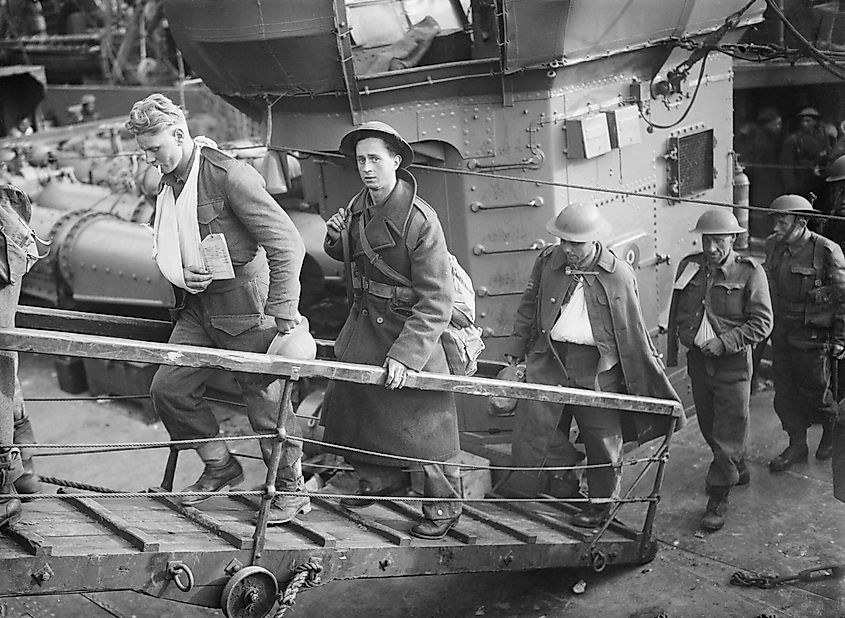
The Battle of France also began in May 1940, with German troops quickly surrounding the Allies at the beaches of Dunkirk. Despite an admittedly near-miraculous evacuation of hundreds of thousands of English and French troops, the Germans continued their advance, occupying Paris on June 14. This was followed by an armistice with France on June 22. With France out of the way, the United Kingdom was the only Allied country in Europe still standing.
The Battle Of Britain
As France fell, Hitler began to make plans for a land invasion of the UK. However, with the British fleet controlling the North Sea and far outmatching the German Navy, the precondition for Operation Sealion (the codename for the planned invasion of the UK) going forward was dominating the air over the English Channel. Therefore, in July 1940, the Luftwaffe began aerial raids to destroy Royal Air Force (RAF) bases and fighters. The plan was to put the RAF out of commission quickly, but after about a month, it became clear that this would not occur.
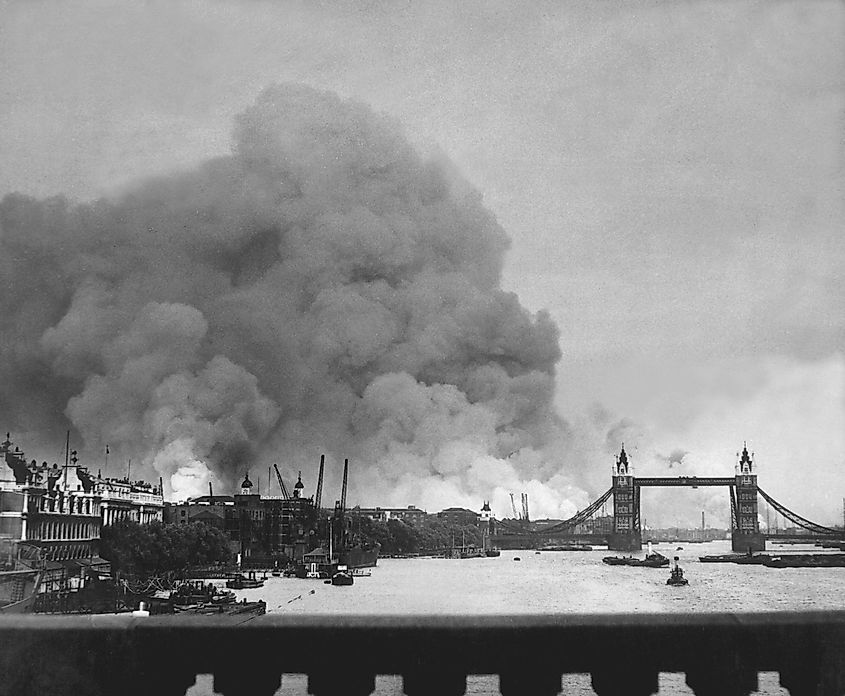
Thus, the Luftwaffe started bombing major British cities in September 1940, forcing many to spend nights in the subway tunnels. Despite propaganda about the British people standing united in the face of overwhelming odds, there were some cracks in the metaphorical armor. For instance, after a particularly bad bombing, Prime Minister Winston Churchill was booed. There were also over 5000 court convictions of looting in London. Finally, there was an increase in antisemitism, with some believing that British Jews were somehow better off than the rest of the population. Nonetheless, despite these cracks, the British people did not break, and the RAF proved enormously effective at combatting the Luftwaffe. Hence, by early 1941, German plans for a land invasion of the UK were abandoned.
The Aftermath
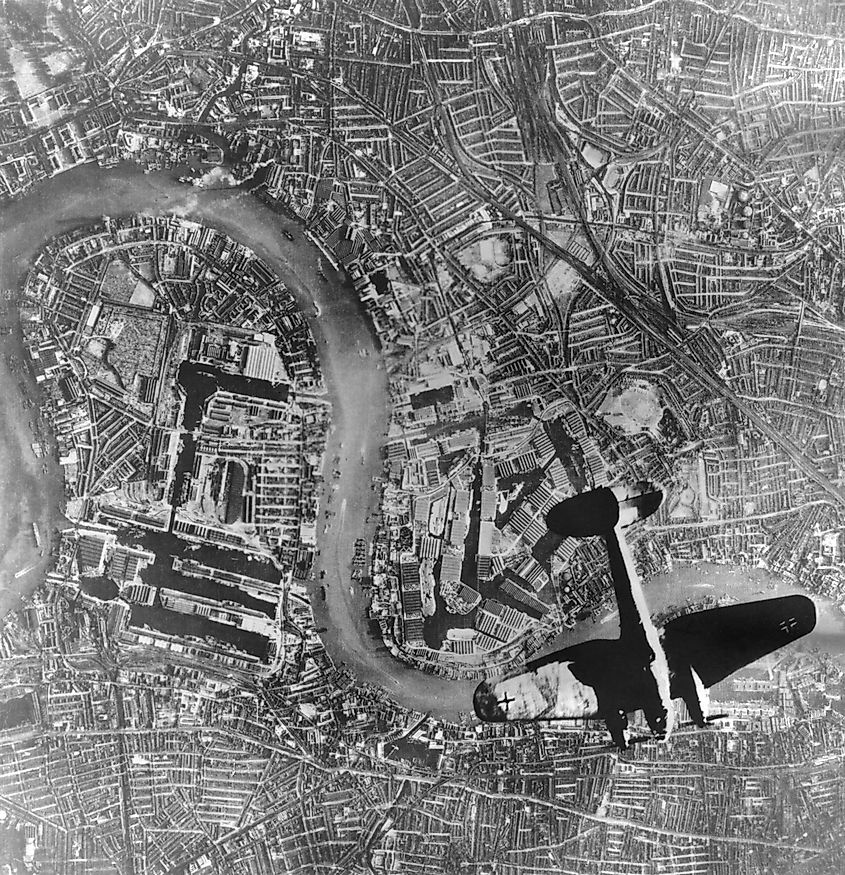
Despite failing to eliminate the UK, Hitler proceeded with military operations elsewhere. Perhaps most importantly, Germany invaded the USSR on June 22, 1941. Known as Operation Barbarossa, this was a significant step in Hitler's attempt to achieve Lebensraum (living space) in the east. However, the sheer size of the USSR and the number of resources at the Soviets' disposal gave them an advantage in a protracted conflict. Therefore, as the Germans got bogged down, this marked the beginning of their end, with them eventually being defeated in 1945.
Regarding the British perspective, after the bombings of their cities, there was a strong desire for revenge. This informed the Allied bombing of German cities, the two most devastating instances of which were Hamburg in 1943, in which 35 thousand people were killed, and Dresden in 1945, in which 25 thousand people died. The rationale for this latter bombing was particularly thin. At the time, the city was full of refugees. Furthermore, with the war only months away from ending, it was difficult to argue that the bombing was necessary strategically.
In conclusion, the Battle of Britain was a failure for Germany, with the Luftwaffe being unable to secure the air over the English Channel. This is not to say the battle was unimportant, however. Indeed, Germany's failure meant that the UK could keep fighting. Furthermore, the bombing of major British cities fostered a desire for revenge, contributing to the rationale behind the brutal bombings of German cities later in the war.
